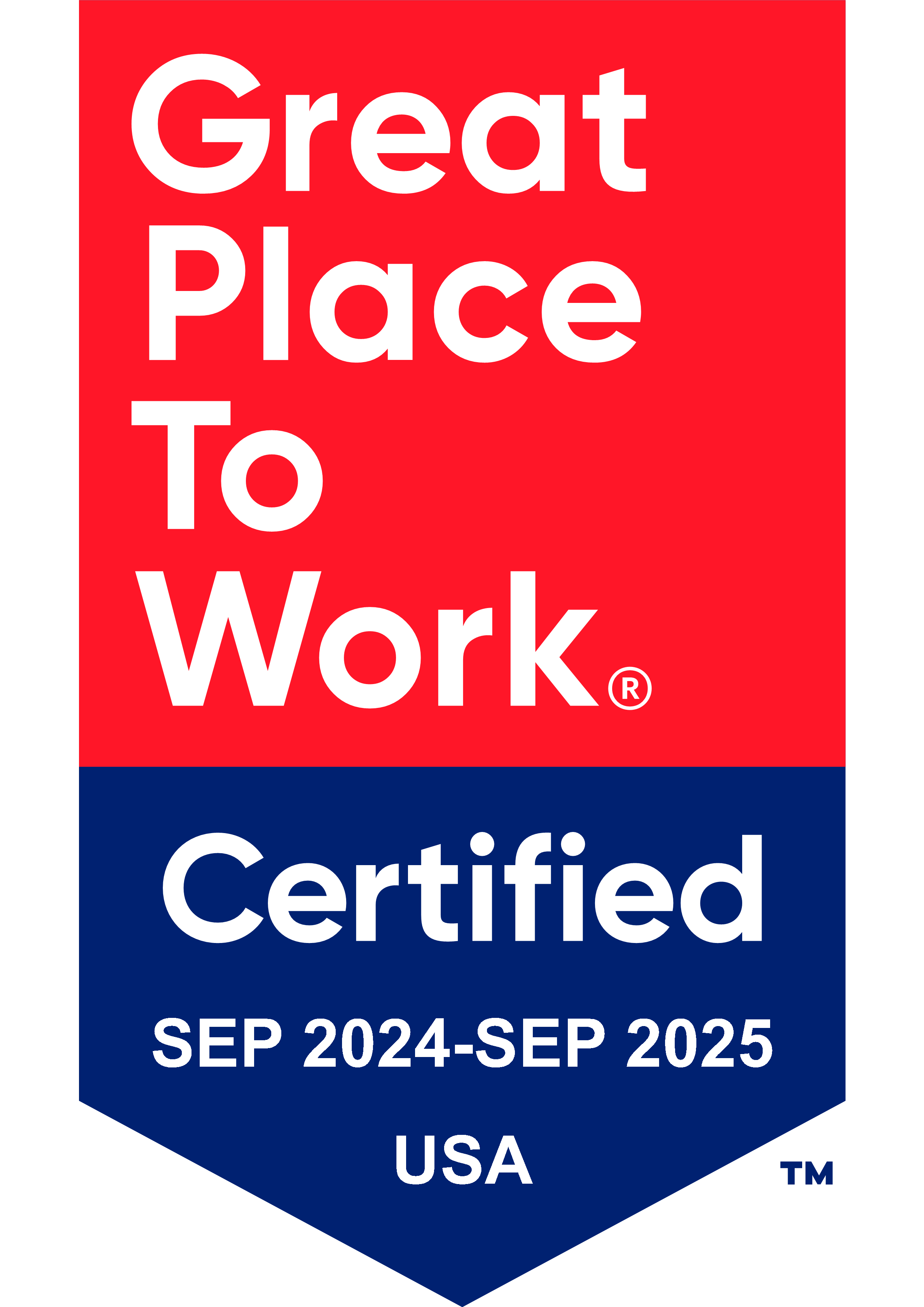A checking account is one of the most valuable tools for managing your money. From paying bills to depositing your paycheck and making purchases, your account is central to your financial life. Choosing a checking account doesn’t have to be overwhelming, we’ve narrowed it down to 5 key things to keep in mind when picking the right account for you.
Checking Account vs. Savings Accounts
A checking account and a savings account each play a unique role in managing your money, and understanding the difference can help you make smarter financial decisions. Checking accounts are built for everyday spending and come with a debit card. A checking account helps you pay for groceries, bills, or coffee. It lets you access your money quickly and easily.
Savings accounts, on the other hand, are designed to help you set money aside for future needs. These accounts typically earn interest on your balance, so your savings can grow over time. However, access to a savings account isn’t as immediate as with a checking account. For example, you might have limits on the number of withdrawals you can make each month.
You can handle your day-to-day spending with a checking account, while using a savings account to build financial security. Some set up automatic transfers from checking to savings, making it easy to save without thinking about it.
Opening a Checking Account
When you are ready to open a checking account, it is a straightforward process once you gather a few key items. You'll need valid identification, like a driver's license, state ID, or passport. Most banks will also ask for your Social Security number to confirm your identity. It’s a good idea to have your current contact information, including your address and phone number.
Some banks may require a small deposit to open an account. You can usually pay this with cash, a check, or a transfer from another account. At Maspeth Federal Savings, there are no monthly maintenance fees or minimum balance requirements, and you can open an account online for as little as $1.00, making it easier to get started right away. Always review the requirements of the bank so you know what to expect.
Many banks now offer online applications that make it convenient to complete the process from the comfort of your own home. You can choose to open your account online through their website or in person at a branch.
Understanding Overdrafts
An overdraft happens when you try to spend more money than what’s currently available in your checking account. Instead of declining the transaction, your bank might allow it to go through, temporarily covering the difference. While this can be helpful in some cases, banks typically charge an overdraft fee for this service.
There are ways to avoid overdrafts and their associated fees. Many banks offer overdraft protection programs that link your checking account to a savings account, credit card, or another checking account. If you overspend, the money will automatically be transferred from your linked account to cover the transaction.
Another way to stay ahead of potential overdrafts is to keep an eye on your account balance. Most banks provide tools like mobile apps, text alerts, or email notifications to help you track your funds in real time. Taking advantage of these features can help you avoid unexpected fees and stay in control of your spending.
Online Access to Checking Accounts
Managing your checking account has never been easier, thanks to the convenience of online and mobile banking. You can transfer money, pay bills, and deposit checks, all from the comfort of your own home. Maspeth Federal’s digital banking tools make it easy to stay on top of your finances while keeping your information secure. Features like card controls, alerts, and eStatements give you both convenience and peace of mind.
You can even go paperless by opting for electronic statements, making it simpler to review your account activity whenever you need.
For added peace of mind, banks use security measures like encryption and authentication to protect your online transactions. By staying proactive with tools like account notifications and strong passwords, you can ensure your account stays secure.
Is my money safe in a checking account?
When you open a checking account, it’s natural to wonder how safe your money is. For starters, most checking accounts are insured by the FDIC, which means your money is protected up to $250,000 per depositor, per bank. This provides peace of mind, even in rare cases where a bank might face financial difficulties.
In addition to federal insurance, banks use advanced technology like encryption to safeguard your online transactions and personal information. You can play a role in keeping your account secure by creating strong passwords, avoiding public Wi-Fi when accessing your account, and enabling two-factor authentication.
Regularly monitoring your account is also a smart habit. By reviewing your transactions and setting up account alerts, you can quickly spot any unusual activity and address it right away. If you notice anything suspicious, contact your bank immediately.
With these protections in place, a checking account is a safe and reliable way to manage your money while keeping it easily accessible for your everyday needs. Taking a few extra steps to secure your account can give you even greater confidence.
Explore our checking account options now: https://www.maspethfederal.com/personal-banking/checking
















